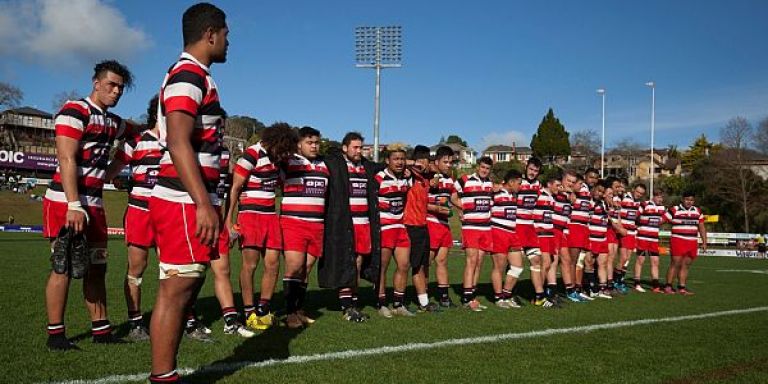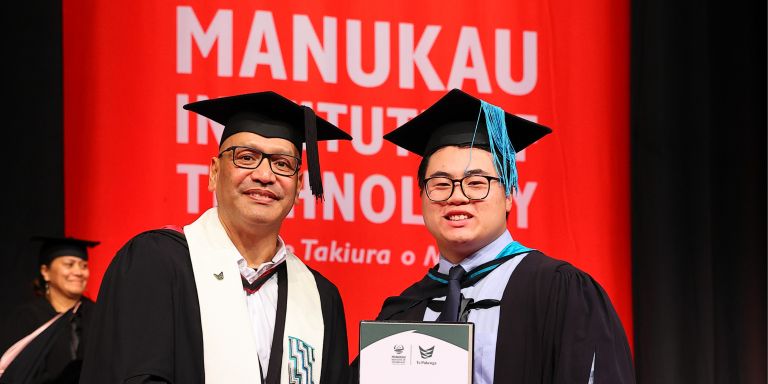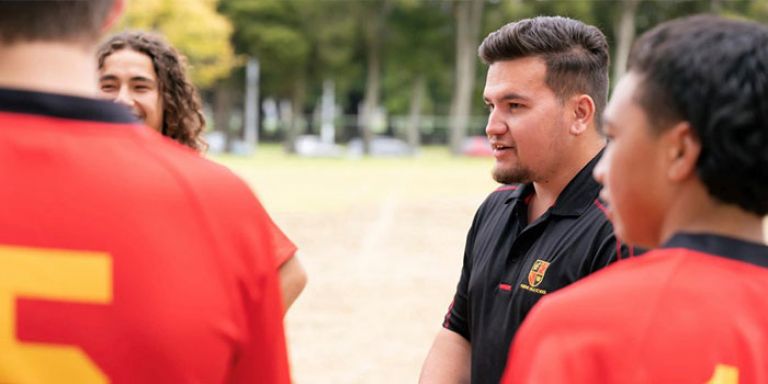Programme highlights
There are so many places a career in sport, recreation and exercise can take you.
Prepare yourself for a career in this exciting and fast-paced industry with MIT.
This programme is designed for people wanting to become highly qualified professionals in sport, recreation, exercise science, sport coaching and sport/leisure management.
Love your sport? Choose a contextualised delivery in rugby (in partnership with Counties Manukau Rugby Union).
Our contextualisations have been designed for people with a passion for their sport, who want to become a highly qualified professional in their chosen industry. All projects and practical sessions are contextualised to your sport, and you gain industry experience while you study.
Turn your passion into a career and land your dream job in the sport, recreation, and exercise industries.
Upon successful completion of this programme, you can pathway directly into the second year of our degree.
Entry requirements
Open entry
There are no academic requirements that need to be met to enter this programme.
Applicants must be prepared to sign a form for disclosure of information for the NZ Police. A safety check will be completed to ensure you meet all the requirements as set out in Section 31 of the Vulnerable Children Act. A criminal record will not automatically exclude an applicant from entry to the programme. Applicants with convictions for violence against a person will not be considered.
English language requirements
Applicants must have sufficient competence in the English language to undertake this programme, which is taught and assessed in English.
Any applicant whose first language is not English may be required to provide evidence of their English language competency.
International students: English language entry requirements
For the minimum English language requirements refer to the requirements set out in the NZQF Programme and Accreditation Rules.
International students will generally be required to provide evidence of English language proficiency, for this programme an IELTS General or Academic score of 5.5 with no band score lower than 5 is required. Equivalent acceptable evidence can be seen at the following NZQA link.
Give yourself credit with Recognition of Prior Learning (RPL)
Did you know you can use the knowledge and experience you already have to your advantage?
Your previous work experience and on-the-job skills, volunteering, professional development, and other providers’ qualifications can be recognised as prior learning, matched against credits in our courses, and put towards your qualification – potentially saving you money and possibly helping you to complete your qualification faster Learn more.
Programme structure
You will need to complete the below eight courses (120 credits):
Do you want to study a single course, without enrolling into the full programme?
Courses within some of our programmes may be offered as an individual Certificate of Proficiency (COP). Programme entry requirements and course fees apply. For more information, please speak to our friendly Ask Me! team.
Further training or study
On completion of the New Zealand Diploma in Sport, Recreation and Exercise (Level 5) students wishing to continue study are eligible to either choose to do New Zealand Diploma in Sport, Recreation and Exercise (Level 6) or go straight into year two of the Bachelor of Applied Sport and Exercise Science (Level 7).
Career opportunities
Careers include becoming a fitness instructor, personal trainer, recreation programmer, event manager, sports administration, coach, Hauora and health educator, Kaiārahi, OSCAR leader, sports coordinator and whānau ora leader. For potential salaries visit careers.govt.nz.

















